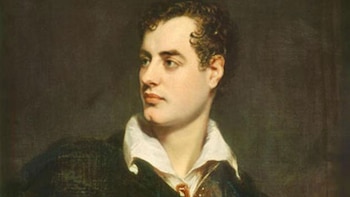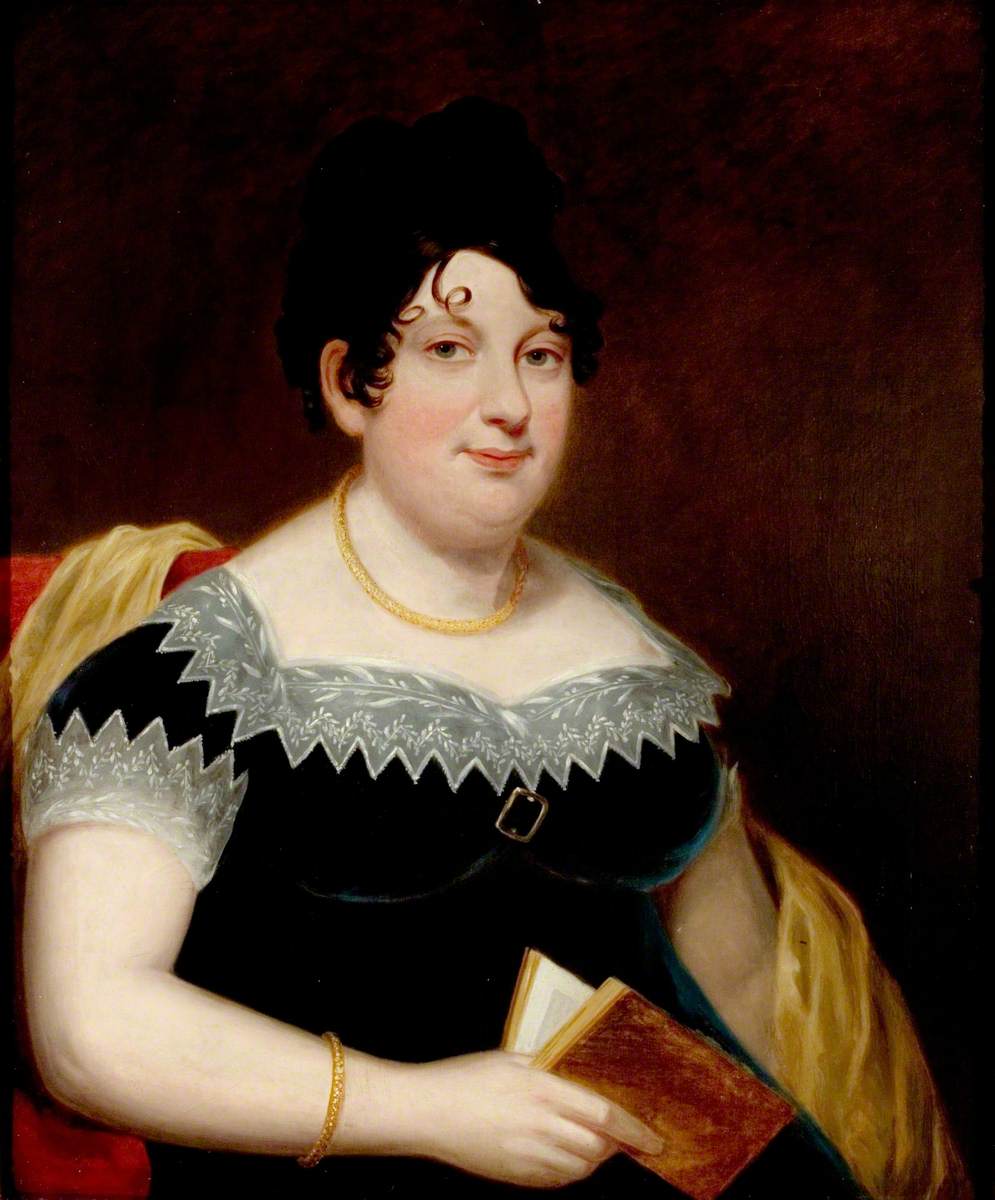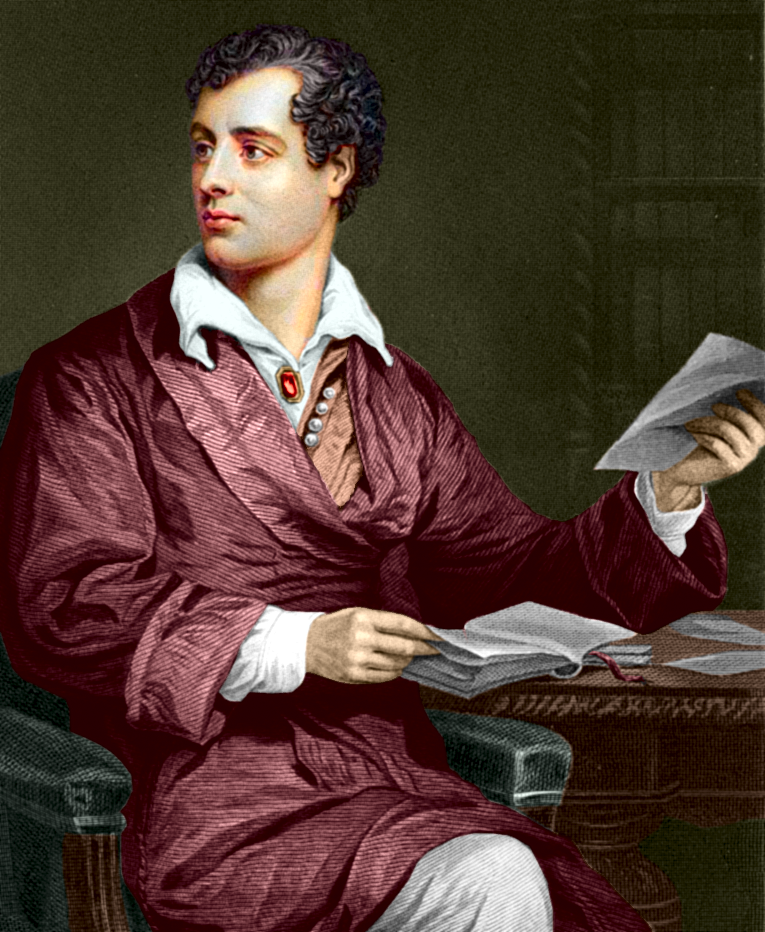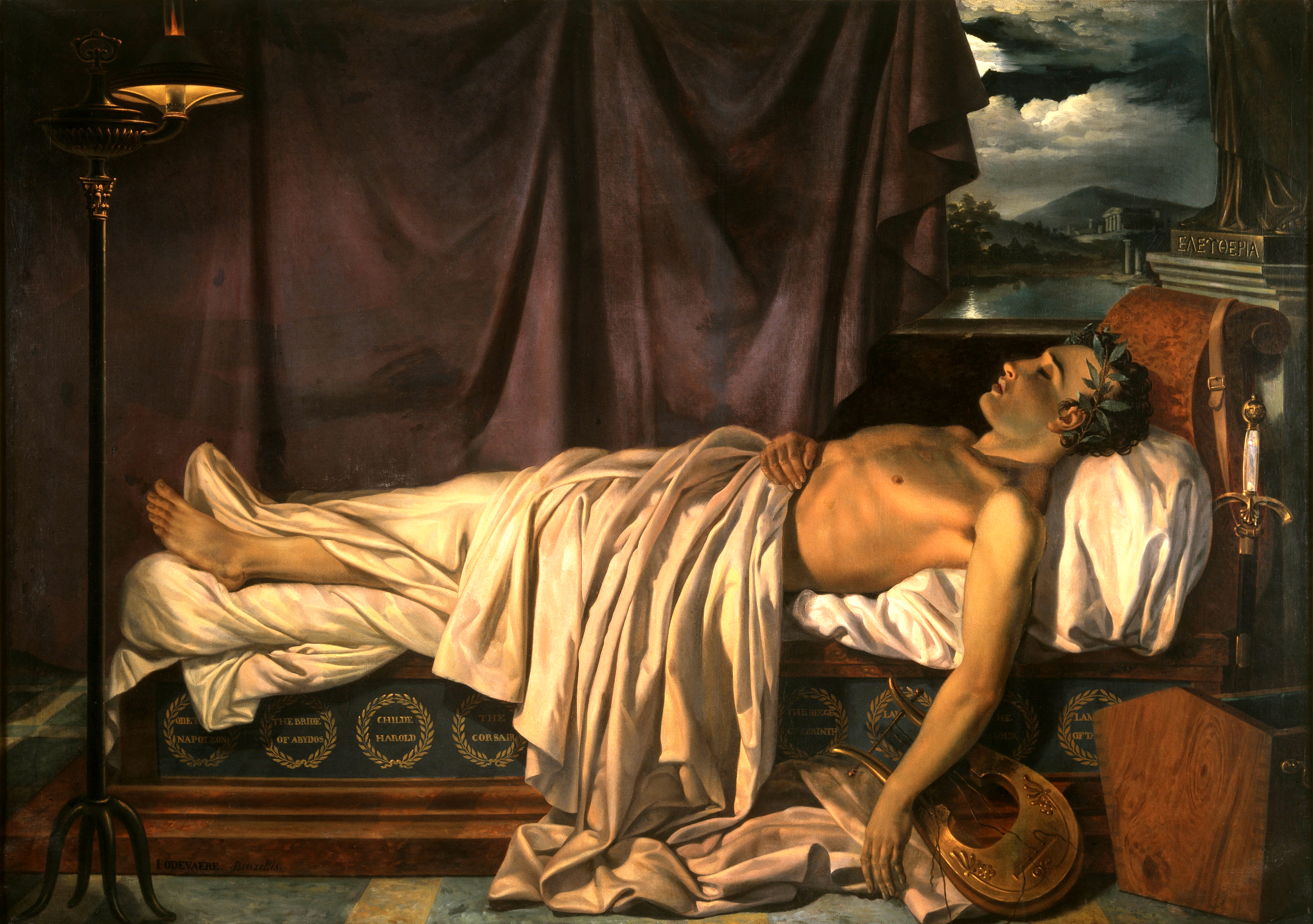
George Gordon Noel Byron wrote “The truth is always strange. Stranger than fiction”, but with that quote one would never imagine that he would have a scandalous and hedonistic life.
In one of the moments that is talked about his life, it must also be recognized that having a father with the nickname “Mad Jack”, it was not the right thing to do. In any case, George didn't know his father very well since he got drunk to death, while his son was only three years old.
And despite the problem he had with his father, he had to put up with him, since his mother Catherine Gordon hated him, to the extent that she called him her “lame rascal”, this because of Byron's foot problem.
It is even said that the mother's mistreatment was so much that she tried to beat him to death with fire tongs and even Byron's governess, May Gray, allegedly abused him when he was nine years old.

So many misfortunes happened to him in his childhood, that the only good thing he had was having inherited the wealth of his uncle along with his title: Baron Byron de Rochedale. It was from then on, that George Gordon became known as Lord Byron.
Growing up he became a surprisingly handsome man and despite the problem of his lame foot, which was clubbing, Byron's only imperfection was his tendency to get fat.
Byron was the Wilt Chamberlain of his time and, according to reports in his biography of Emilio Castelar in Lord Byron's Life, he mentions the relationships he had, which supposedly in some biographies say that he slept with 250 women in Venice in just one year.
His long list of lovers included Lady Caroline Lamb (who described him as “crazy, bad and dangerous to know”), his cousin Anne Isabella Milbanke (who became Lady Byron in 1815) and, according to her own half-sister, Augusta Leigh.

Nor was it limited to one genre. Byron had numerous homosexual adventures, and some of them are said to have been minors and even the book Secret Life of Great Authors also includes exotic animals that he had as a companion.
As a result, Byron became a so-called libertine character, more famous, in Europe. His poetic achievements never attracted as much attention as the wild rumors that arose about him. Then he left England and never returned. It was the only way to avoid public censorship by British society.
One of the interesting facts that Byron has is that he formed a friendship with the poet Percy Bysshe Shelley and his fiancée, Mary Godwin. Since in a moment of rainy weather, the group entertained themselves by writing stories about monsters.
This is where Mary produced an early version of what would become her novel Frankenstein, while Polidori used Byron as inspiration for “The Vampire”.

Byron is known as a Greek national hero, because despite a total lack of military experience, he helped train the troops and provided the necessary money to the rebel forces. And to this day, he is still considered a Greek national hero.
However, what killed Byron was a malaria attack. He died on Easter Sunday in 1824 and shortly after his death, his friends gathered in London to read his memoirs.
The manuscript was replete with vivid descriptions of Byron's sexual escapades that, according to the group, could destroy his hard-earned reputation as “heroic”. Determined that memories never see the light of day, and they supposedly set fire to it.
KEEP READING:
Últimas Noticias
Debanhi Escobar: they secured the motel where she was found lifeless in a cistern
Members of the Specialized Prosecutor's Office in Nuevo León secured the Nueva Castilla Motel as part of the investigations into the case

The oldest person in the world died at the age of 119
Kane Tanaka lived in Japan. She was born six months earlier than George Orwell, the same year that the Wright brothers first flew, and Marie Curie became the first woman to win a Nobel Prize

Macabre find in CDMX: they left a body bagged and tied in a taxi
The body was left in the back seats of the car. It was covered with black bags and tied with industrial tape
The eagles of America will face Manchester City in a duel of legends. Here are the details
The top Mexican football champion will play a match with Pep Guardiola's squad in the Lone Star Cup

Why is it good to bring dogs out to know the world when they are puppies
A so-called protection against the spread of diseases threatens the integral development of dogs




